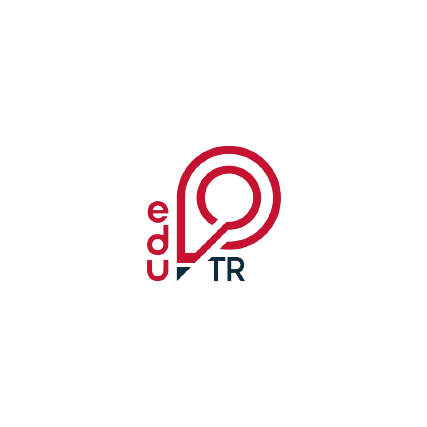- Bachelor
- Type: Turkish (100%)
- 4 Years
- Full Time
Electrical Engineering—a Bachelor’s Degree program designed to equip you with the knowledge and skills to shape the future of technology and contribute to advancements in various industries. Our comprehensive curriculum blends theoretical understanding with hands-on experiences, preparing you for a dynamic career in electrical engineering.
Program Overview:
Our Electrical Engineering Bachelor’s Degree program is carefully designed to cover a wide range of topics, ensuring a strong foundation in the principles and applications of electrical engineering. The curriculum includes theoretical coursework, laboratory experiments, and practical projects to provide you with a well-rounded education.
Key Highlights:
- Circuit Analysis and Design: Master the fundamentals of electrical circuits, including analysis and design principles. Learn to work with resistive, capacitive, and inductive components to design circuits for specific applications.
- Electronics and Microelectronics: Explore electronic devices and microelectronics, including transistors, integrated circuits, and microcontrollers. Learn to design and analyze electronic circuits for a variety of applications.
- Signals and Systems: Study signals and systems, including analog and digital signal processing. Gain an understanding of how signals are processed, filtered, and transmitted in communication systems.
- Power Systems and Energy Conversion: Dive into the design and analysis of power systems, including electrical machines, transformers, and energy conversion devices. Explore sustainable energy solutions and power distribution systems.
- Control Systems: Learn about control systems and automation, including feedback control and stability analysis. Understand how control systems are used to regulate and optimize various processes.
- Communication Systems: Explore communication theory and systems, covering topics such as modulation, coding, and wireless communication. Gain insights into the design and optimization of communication networks.
Career Opportunities:
Upon completion of the Electrical Engineering Bachelor’s Degree, you’ll be well-prepared for a variety of exciting career paths, including:
- Electrical Engineer: Design and develop electrical systems and components for a wide range of applications, including electronics, power systems, and control systems.
- Telecommunications Engineer: Specialize in the design and optimization of communication systems, including wireless networks and data transmission.
- Power Systems Engineer: Work in the design, analysis, and maintenance of power generation and distribution systems.
- Automation Engineer: Design and implement control systems for industrial processes, optimizing efficiency and productivity.
Why Choose Our Program:
- Industry-Relevant Curriculum: Our program is designed in collaboration with industry professionals to ensure you acquire the latest skills and knowledge demanded by employers in the rapidly evolving field of electrical engineering.
- Laboratory Facilities: Access state-of-the-art laboratory facilities equipped with the latest tools and equipment for hands-on experiments and projects.
- Internship Opportunities: Explore internship opportunities with electrical engineering firms, gaining practical experience and building a network of industry contacts.
Embark on your journey to becoming a skilled Electrical Engineer with our Bachelor’s Degree program. Join us in contributing to the advancement of technology and shaping a future powered by innovation in electrical engineering.
Information is being updated, stay tuned…
Information is being updated, stay tuned…
Information is being updated, stay tuned…
Information is being updated, stay tuned…

